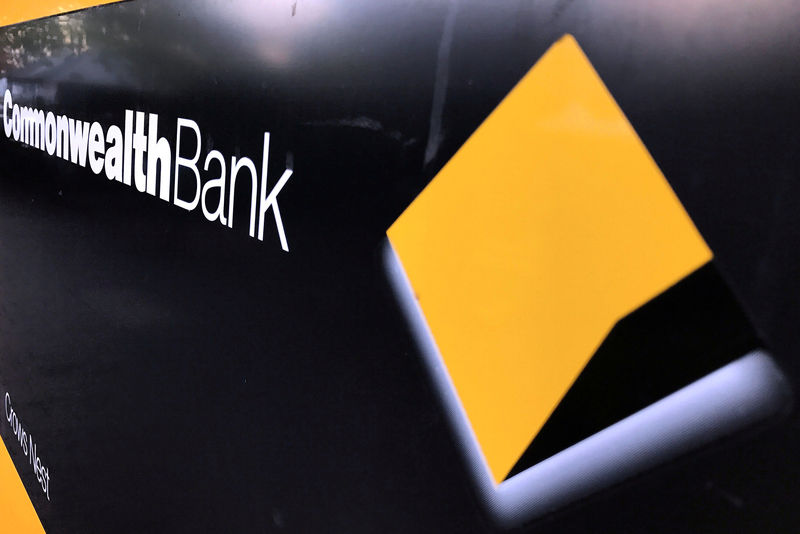By Tom Westbrook
SYDNEY (Reuters) - Australia's banking regulator spelled out plans on Friday for an major investigation into back-to-back scandals at Commonwealth Bank of Australia (AX:CBA), warning that public trust in the financial sector was at rock bottom.
The watchdog, which has the authority to remove company directors, named a high-powered panel to dig into the structural failures that led to Australia's largest lender being sued for alleged money-laundering last month.
"There's no quick fix here, it's a deep-seated issue in the view of the community that there is a lack of trust," Australian Prudential (LON:PRU) Regulation Authority (APRA) Chairman Wayne Byers said at a business lunch in Sydney.
APRA said its probe aimed to identify whether "any core organizational and cultural drivers" had contributed to the troubles at CBA in recent years.
The inquiry, launched after financial intelligence agency AUSTRAC sued Commonwealth Bank on Aug. 3 for suspected money-laundering breaches, comes amid demands for a powerful quasi-judicial inquiry into the financial sector more broadly.
Reserve Bank Deputy Governor Guy Debelle said the public had a right to feel concerned about governance standards at Australia's major lenders, four of which control 80 percent of the market and are deemed too big to fail.
"The drip feed of issue after issue after issue just reinforces the view that's out there," he said in a speech at the same lunch.
"It'd be very nice to have some comfort actually that the cupboard is now bare, that there isn't anything more."
In the latest scandal to engulf a major Australian bank, AUSTRAC accused Commonwealth of "serious and systemic non-compliance" with anti-money laundering rules that allowed criminals and terror financiers to wash millions of dollars through its systems.
Last year, CBA admitted using unscrupulous practices to cheat people out of life insurance payments, and in 2014 Chief Executive Officer Ian Narev publicly apologized after the bank's advisors were found to have given poor financial advice.
The AUSTRAC lawsuit is the first of its kind against a major Australian bank and could expose CBA to the biggest corporate fine in Australian history, potentially amounting to billions of dollars.
In addition to APRA's follow-up probe, corporate watchdog the Australian Securities and Investments Commission has opened a separate investigation into the lender, while a class action law firm is planning a suit on behalf of shareholders.
The bank says a coding error was to blame for most of the suspicious transactions and plans to defend itself in court.
Even so, in the wake of the crisis it has slashed executive bonuses, cut a third of its non-executive directors and flagged that CEO Narev would stand down by mid-2018.
HEAVY HITTERS
APRA said in a statement its inquiry - the first time it has made an investigation public - would examine risk management, compliance, remuneration and accountability at CBA.
The inquiry would be run by former Reserve Bank of Australia director Jillian Broadbent, former APRA chairman John Laker and former Australian Competition and Consumer Commission chairman Graeme Samuel.
It would deliver a progress report by Jan. 31 and a final report by April 30.

CBA said it would cooperate with the inquiry. The bank's shares fell 1 percent, with other financial stocks, while the broader market (AXJO) was down 0.4 percent.